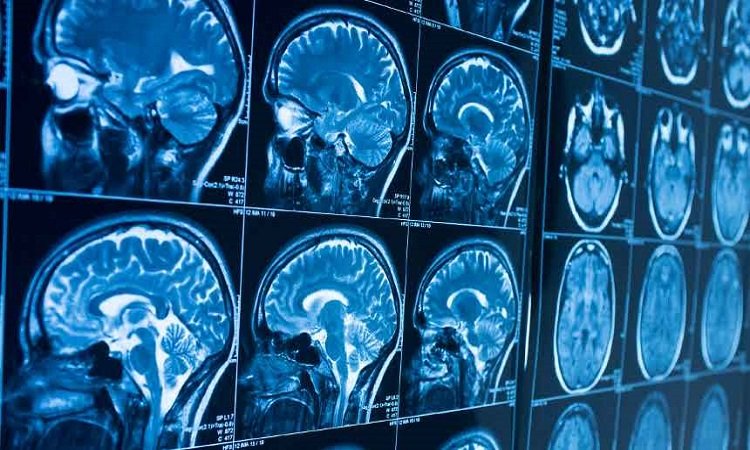Study reveals testosterone's effects on brain change, levels are higher during adolescence

New Jersey, US: The anterior prefrontal cortex (aPFC) of the brain">brain is more involved in emotion regulation when testosterone levels are higher during adolescence, but the opposite is true during maturity.
In a study that was published in the journal Developmental Science, researchers used brain">brain imaging scans on the same subjects in middle adolescence, late adolescence, and young adulthood to look into this changeover.
The 71 participants in the study showed that the positive impact of testosterone on aPFC engagement declines between the ages of 14 and 17, and then changes by the age of 20, when greater testosterone levels are associated with lower aPFC activity. In contrast to adolescence, testosterone in young adulthood, which is no longer associated with pubertal development, may impair the aPFC's ability to regulate emotions.
The findings suggest that the function of testosterone changes within individuals across adolescence and adulthood. The study's investigators note that many mood disorders tend to arise during adolescence, and additional research may reveal whether alterations in the interactions between testosterone and the brain">brain may be related to this.
"Testosterone typically tends to be associated with aggression or dominance behavior, whereas in fact it has multifaceted roles across different developmental periods," said corresponding author Anna Tyborowska, PhD, of Radboud University, in The Netherlands. "The findings of the current study are important for understanding both typical and atypical maturational trajectories of the brain">brain, as well as considering the impact of external factors (such as stress) on brain">brain function and development."















































